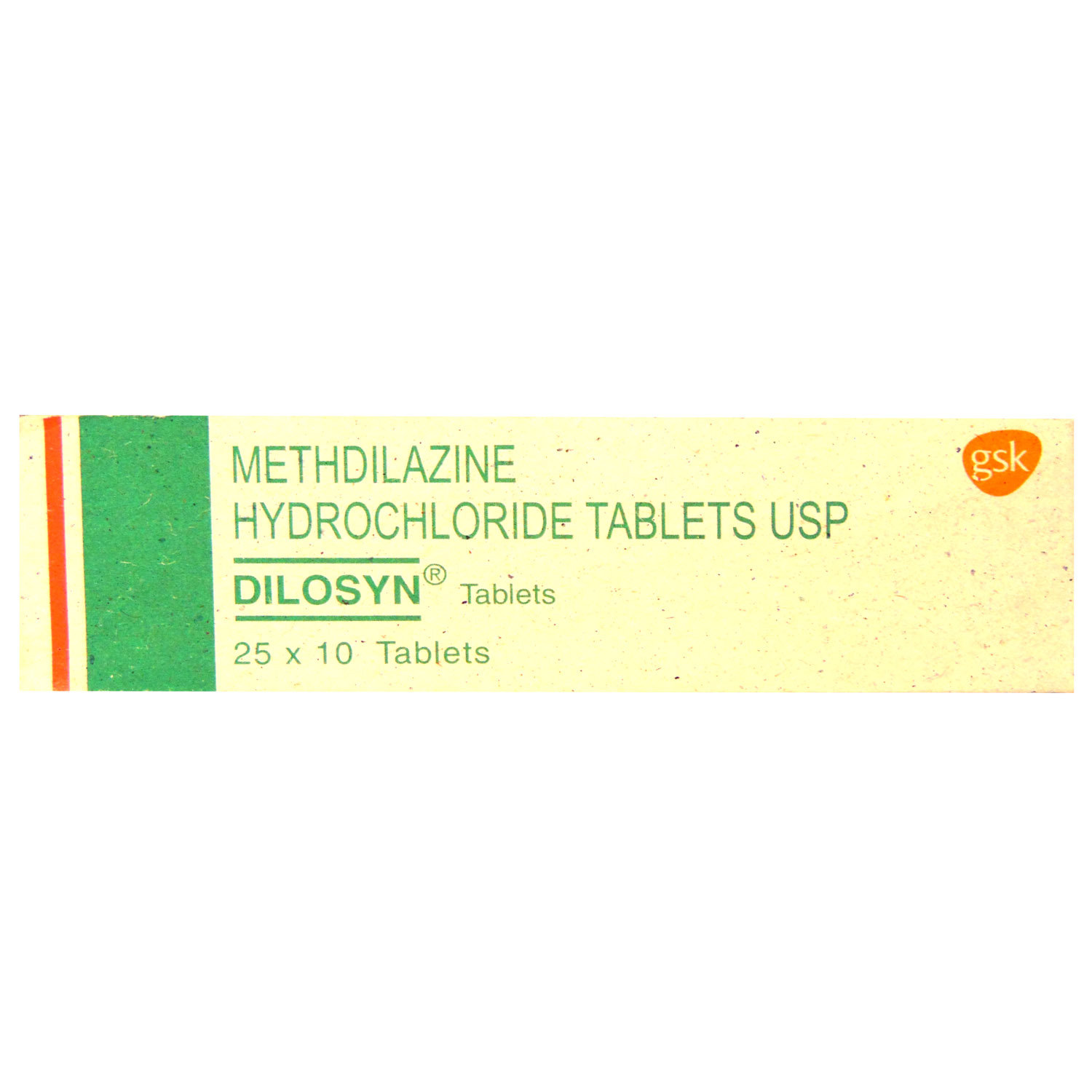Methdilazine
About Methdilazine
Methdilazine belongs to the class of medications called antihistamines and antiallergic agents used to relieve hypersensitivity/allergic reactions and pruritic skin disorders (itching). An allergy is an immune system response to foreign elements known as allergens.
Methdilazine contains Methdilazine, which works by blocking the action of chemical messengers that cause allergic symptoms. Thus, it helps treat allergic conditions.
In some cases, Methdilazine may cause side effects like dry mouth, drowsiness, constipation, headache, and blurred vision. Most of these side effects may not require medical attention and gradually resolve over time. However, you are advised to consult the doctor if any of the side effects persist or worsen.
Consult the doctor if you are pregnant or breastfeeding. Drive or operate machinery only if you are alert, as Methdilazine may impair your ability to drive. Keep your doctor informed about your health condition and medications to rule out any side effects/interactions.
Uses of Methdilazine
Medicinal Benefits
Methdilazine belongs to the class of medications called antihistamines and antiallergic agents used to relieve hypersensitivity/allergic reactions and pruritic skin disorders. Methdilazine contains Methdilazine, which works by blocking the action of chemical messengers that cause allergic symptoms. Therefore, it helps treat allergic conditions.
Directions for Use
Storage
Side Effects of Methdilazine
- Headache
- Drowsiness
- Constipation
- Dry mouth
- Blurred vision
Drug Warnings
Do not take Methdilazine if you are allergic to any of its components or if you have narrow-angle glaucoma, paralytic ileus, or urinary/gastrointestinal obstruction. Inform the doctor if you have epilepsy, cardiovascular problems, benign prostatic hyperplasia, asthma, bronchitis, Parkinson’s disease or liver/kidney problems. Consult the doctor if you are pregnant or breastfeeding. Drive or operate machinery only if you are alert, as Methdilazine may impair your ability to drive. Let your doctor know if you are taking any prescription or non-prescription medicines, including dietary or herbal supplements.
Drug Interactions
Drug-Drug Interactions: Inform the doctor if you are taking barbiturates, hypnotics, sedatives, opioid analgesics, neuroleptics, monoamine oxidase inhibitors (MAOI), anticholinergic drug (atropine), or dopamine agonists (levodopa).
Drug-Food Interactions: No interactions found.
Drug-Disease Interactions: Inform the doctor if you have urinary/gastrointestinal obstruction, narrow-angle glaucoma, or paralytic ileus (functional bowel obstruction).
Drug-Drug Interactions Checker List:
Safety Advice

Alcohol
consult your doctorIt is not known if alcohol interacts with Methdilazine. Please consult the doctor.

Pregnancy
cautionMethdilazine belongs to pregnancy category C. Consult the doctor if you are pregnant or planning pregnancy.

Breast Feeding
cautionLimited information is available. Consult the doctor if you are breastfeeding.

Driving
cautionMethdilazine may cause drowsiness and blurred vision. So, drive or operate machinery only if you are alert.

Liver
cautionLimited information is available. If you have a history of liver disease, inform the doctor before taking Methdilazine.

Kidney
cautionLimited information is available. If you have a history of kidney disease, inform the doctor before taking Methdilazine.

Children
consult your doctorMethdilazine is not recommended for neonates. Please consult the doctor if you have any concerns regarding the usage of Methdilazine in children.
Habit Forming
Diet & Lifestyle Advise
Allergy:
- Avoid stress by exercising regularly, meditating, doing deep breathing, or following progressive muscle relaxation techniques.
- Rest well. Get optimum sleep.
- Avoid contact with allergens (allergy-causing agents) such as pollen, dust, and certain food items known to cause allergies to you.
- Maintain personal hygiene and keep your surroundings clean.
Pruritus:
- Apply a cold compress to the affected area.
- Use moisturising lotions.
- Take oatmeal or lukewarm baths.
- Do not wear irritating fabrics.
- Avoid scratching and exposure to humidity and high heat.
Patients Concern
Disease/Condition Glossary
Allergy: It occurs when the immune system responds to foreign elements known as allergens, such as pollen, dust mites, pet dander, mould spores, medicines, food or insect bites. Symptoms include itching, watery eyes, swelling, runny nose, itchy skin, and sneezing.
Pruritic skin disorders: Pruritus, also known as itching, is an irritating sensation that makes you want to scratch the skin. The causes of itching could be allergic reactions to food, pollen, insect bites or medicines, skin conditions like dry skin, psoriasis or eczema, irritating chemicals, cosmetics, certain disease conditions or parasites.
FAQs
Methdilazine relieves allergy by blocking the action of chemical messengers that cause allergic symptoms.
Methdilazine may not be recommended for patients with glaucoma (increased pressure in the eye). Consult the doctor if you have glaucoma or any concerns regarding this.
To treat your condition effectually, take Methdilazine for as long as your doctor has prescribed it. If you experience any difficulty while taking Methdilazine, consult a doctor.




